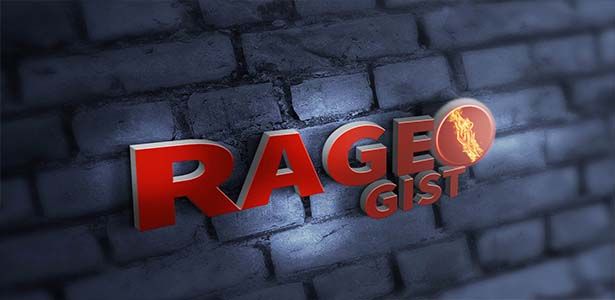Muslims in Cameroon are observing Ramadan in the face of
serious price hikes for food due to border closures meant to protect
against attacks from the Nigerian militant group, Boko Haram, according
to Voice of America report.
It was gathered that Nigeria supplies up to 80% of food in North Cameroon.
According to the report, in the border town of Amchide, the normal bustling trade with Nigerian businesses is at a standstill.
Quoting a local Imam, Ibrahim Ahmadou, it was stated that Cameroon
soldiers closed their border with Nigeria just ahead of the start of the
Ramadan as a security measure against Boko Haram militants.
It could be recalled that the Nigerian terrorists have been plaguing
some parts of Cameroon in recent months with theft, kidnappings, gun
running and attacks.
 * Security at Nigerian border with Cameroon
* Security at Nigerian border with Cameroon
According to the Imam, the problem for his village is Nigeria is the main source of food and traders are nervous.
"Eighty percent of our rice is imported. It is very risky for a
businessman to carry [import] rice knowing that there is going to be a
problem. Even maize (corn), we also have oil, we have sugar, in fact all
the food that Muslims need during the month of Ramadan there is a
problem because of this barbaric act of Boko Haram, most businessmen do
not want to come in," said Ahmadou.
Amchide shoe vendor Halirou Kakoy told news reporter that some food
stuffs are no longer available and others, like sugar, now sell for 50%
higher than before.
Nine out of 10 people in Amchide make their money through trade, so
the border closure and ensuring inflation has hit household incomes
hard. Soumou Bakari said he used to make about $200 a day, but now he
barely ekes out $50.
He said he’s had to cut food money during Ramadan from $10 to $2 and his family is struggling.
Some of the residents in the village stated that the scarcity and
increased prices of food have impacted their holy obligation to share
food with the underprivileged during Ramadan.
 * Cameroonian village of Amchide
* Cameroonian village of Amchide
But Ahmadou said Muslims here can forgo certain obligations during
this hardship. And, he said, many may skip the requirement to fast
during daylight hours if it is affecting their health.
"According to Islamic law, they can stop fasting if the prices are so
high in such a way that they cannot be able to afford those basic needs
during the month of the Ramadan. After that, if the price drops, they
can now fast," said Ahmadou.
Responding to the matter, Cameroon’s Minister of Trade Luc Magloire
Mbarga Atangana told VOA that the government plans to assist the north
during Ramadan.
He said the government is discussing ways to make available basic commodities including corn, rice, fish, palm oil, and flour.
Both Nigerian and Cameroonian governments are actively fighting Boko
Haram, but the militants appear to be intensifying their 5-year old
insurgency and remain a threat for the two nations.

Boko Haram insurgents were reported to have attacked some villages in northern Cameroon recently a situation that forced the Cameroonian government to deploy troops to their border with Nigeria.
Both countries were reported to have met last month to discuss ways to curb the incursions of the militants group.
The United Nations, UN, few days ago blacklisted the leader of Boko Haram sect, Abubakar Shekau.
According to Reuters, Shekau is the first entity to be so sanctioned since the Islamist militant group was blacklisted.
Following the sanction, the Boko haram leader was banned from
international travel while their assets would be frozen under the UN al
Qaeda sanctions list.




































